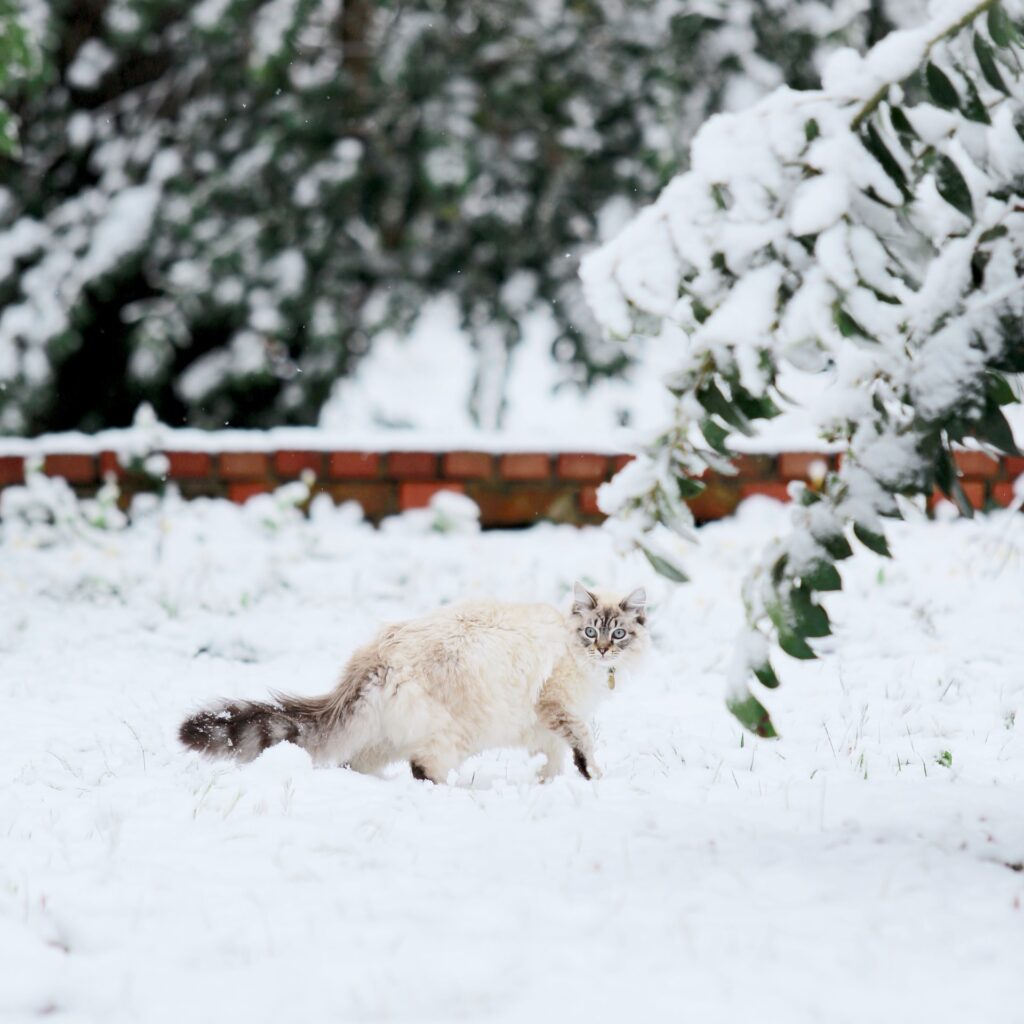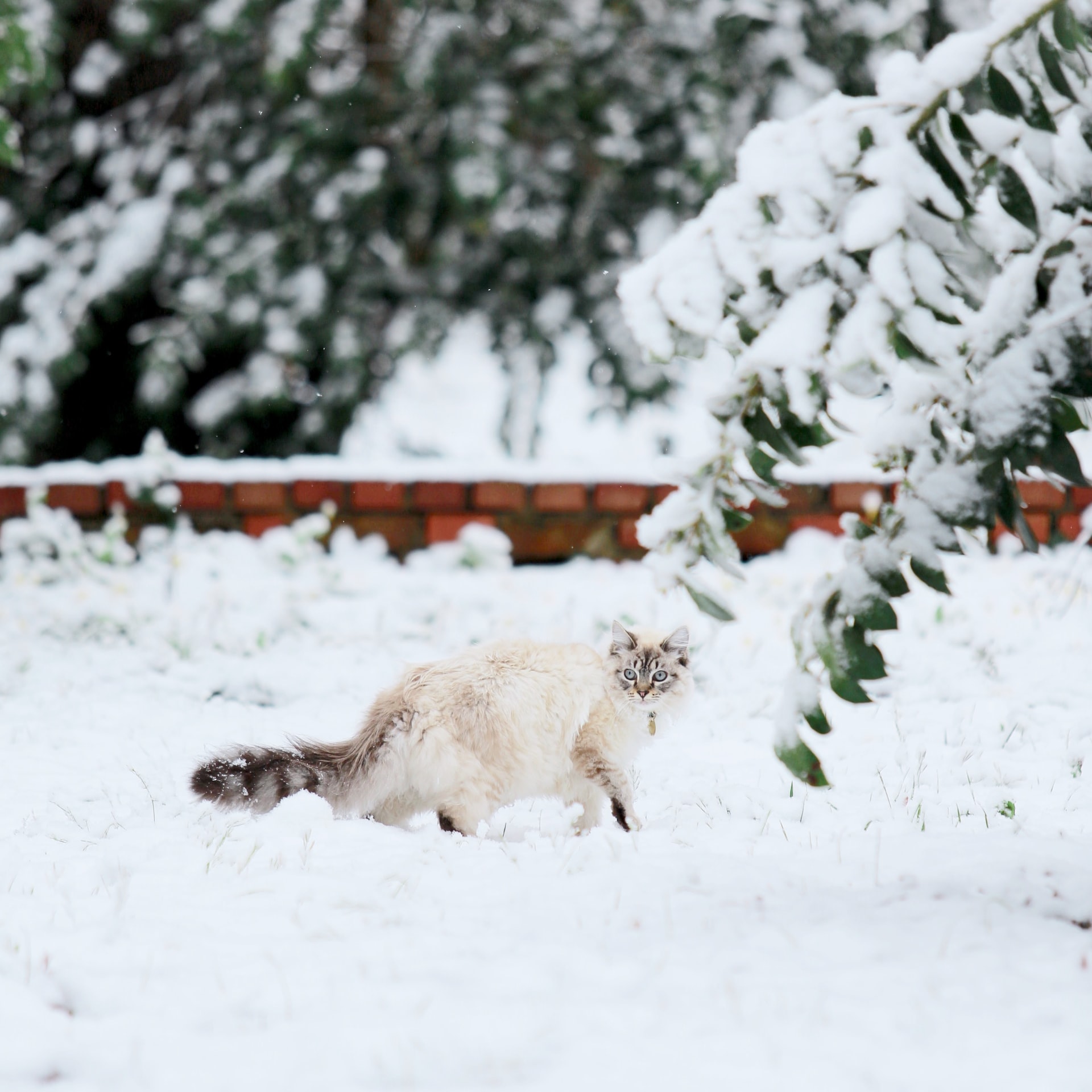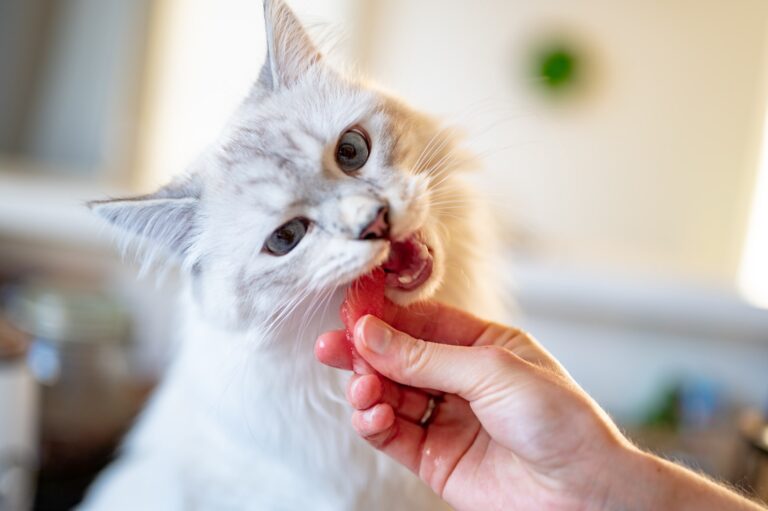8 Amazing Winter Care Tips For Cats
Looking for winter care tips for cats?
Winters bring a wide variety of concerns to kitty parents. Bitter cold, numbing wetness or biting winds can cause discomfort for that special kitty in your life. Caring for your cat’s wellbeing during the winters will ensure that you both enjoy the winter season to the fullest.
Winter care tips for cats
It’s wise to take a few precautions and protect your feline member during the winter months. Take a look at the winter care tips for cats and enjoy everything winter has to offer:
- Provide a warm, cozy place to sleep
Cats deserve a safe and cozy spot to chill out. If you want to give your feline member some dedicated space inside your house, an indoor cat bed can help. Give your kitty the comfort, warmth, and luxury it deserves.
- Get your cat a sweater
Cats are fragile and can get cold quite easily. They may need a sweater or jacket when outside during the winter. For cats, winter clothes provide an extra layer of insulation. This can help regulate their body temperature and keep them warm and cozy.
Winter clothes for cats should be comfortable and flexible. They shouldn’t be so long and must not create bathroom difficulties.
- Protect your cat’s paws
A cat’s paws are particularly vulnerable in winter, especially if they’re walking in snow. Ice can get stuck in between their little toes, causing frostbite.
Pet boots are not just for looks, they provide the extra protection cats need to safeguard their sensitive paws. Your cat may not like wearing boots in the beginning. However, you can train your feline buddy to love wearing their booties! During winters, a warm water rinse will not only wash up dirt but will also warm up your cat’s cold paws.
- Protect your cats from heaters
Kitties will often seek heat during cold winter weather by snuggling too close to heaters and fireplaces. Beware of heaters and fireplaces both inside and outside your home. Never leave a heater or a fire burning unattended with a cat nearby. Always use a safety screen to keep your feline member safe from flames.
- Limit time outdoors
Cats aren’t meant to spend huge amounts of time outside in the winter. Your kitty may love to spend time outdoors but in winter even the furriest cat can get cold. Don’t leave your cat outdoors when the temperature drops. Ears, nose, paws and tails are all susceptible to frostbite.
- Check the hood
During the winter months, cats often sleep in the wheel wells of cars to keep them warm. If you start your car and a cat is sleeping on your tire, it can be severely hurt or even killed by moving engine parts. Prevent injuries by banging loudly on your hood before starting your car. This will wake up the cat and give it a chance to escape before starting the car.
- Know your cat’s limits
Some cats can get cold more quickly and are more susceptible to the cold than others. You must adjust the amount of time they stay outside! If your kitty enjoys being outdoors and you will be outside longer than a few minutes, consider outfitting it with a sweater to keep it warm.
- Don’t leave your cat alone in the car
You already know not to leave your cat in a vehicle when it’s hot. The same goes for cold weather as well. Only take your feline pals in the car if it is necessary, and never leave them unattended. Even if it’s not a direct health risk for cats, they are likely to be uncomfortable.

What temperature is too cold for a cat?
This varies depending on the cat breed. Your cat’s fur and weight can also make a difference. Generally, if it is too cold for you, it is likely too cold for your cat as well.
Anything 45 degrees Fahrenheit and below is too cold for outdoor cats. So, you must bring in your kitty to prevent frostbite on their ears, tails, and toes. Kittens are fragile and will feel the cold more sharply than adult cats. Senior cats are more likely to suffer negative effects from the cold than young adult cats.
How can I tell if my cat is cold?
Common signs that your cat is cold include:
- Shivering
- Hunching down and puffed
- Colder extremities
- Seeking warmer places
- Curling into a ball
- Always wants to cuddle
Signs of hypothermia in cats include:
- Weakness
- Shivering
- Lack of mental alertness
- Muscle stiffness
- Low blood pressure
- Unresponsive, stupor-like state
- Slow, shallow breathing
Winter care tips for cats: Final thoughts
The winter cuddles with your cat are a great way to keep everybody warm! With sufficient care, your cat will give you years and years of happy companionship! Keep in mind that senior cats and kittens are more likely to suffer adverse effects from the cold than young adults.
Keep enjoying the winter adventures with your feline friends!
If you still have questions about keeping cats comfortable during winters, please let us know! We would be happy to hear from you.
Also read: What Can I Give My Cat For Pain After Shots?





